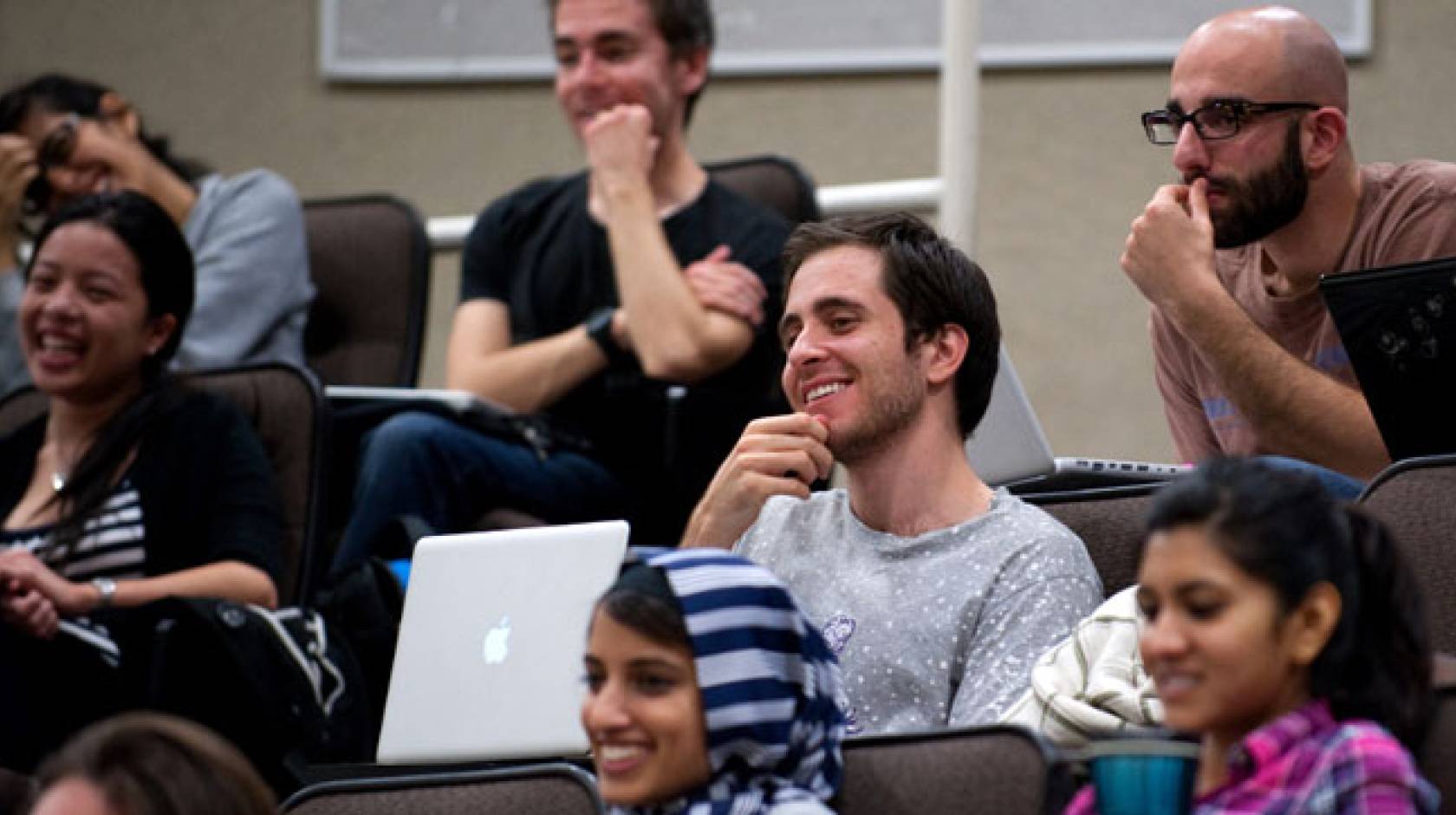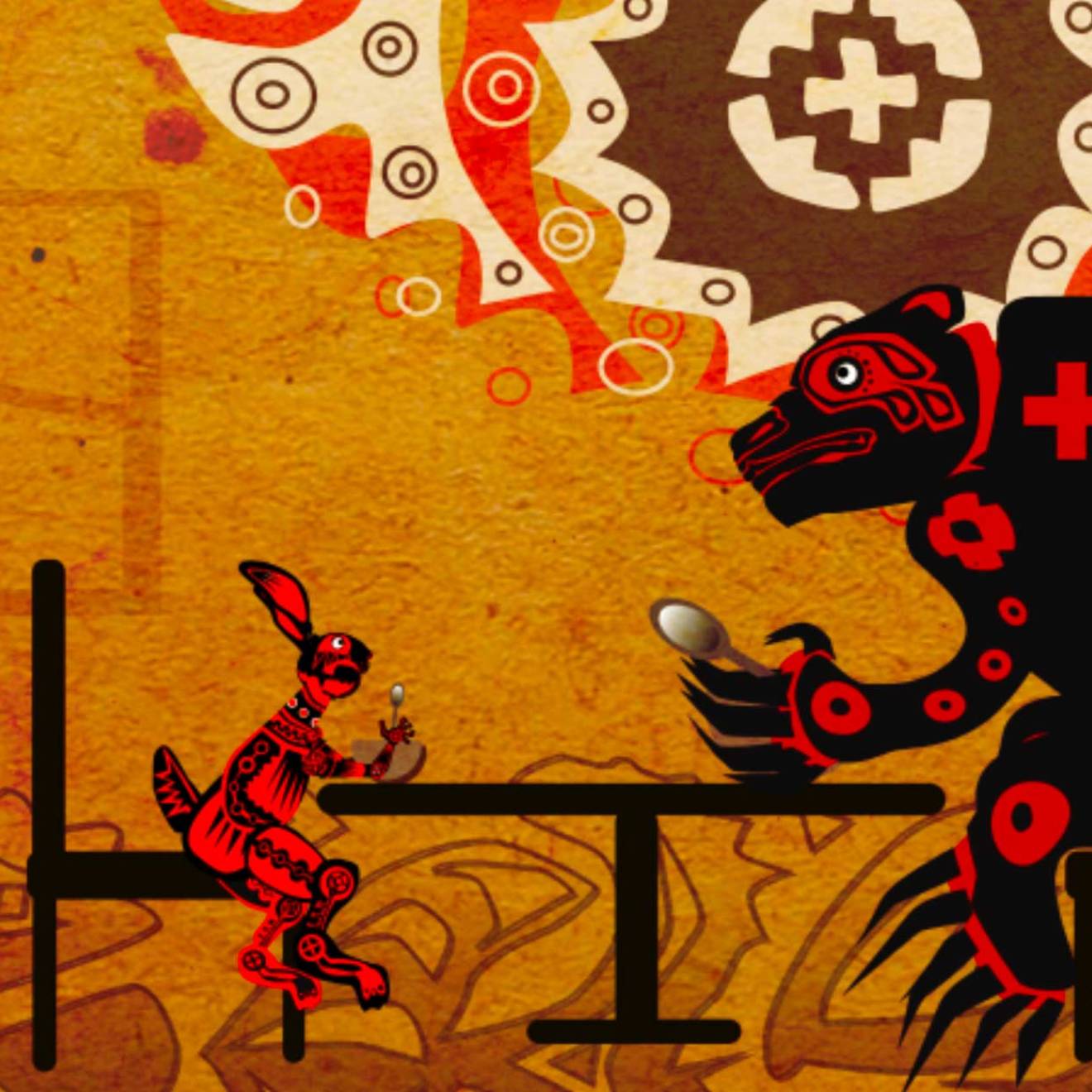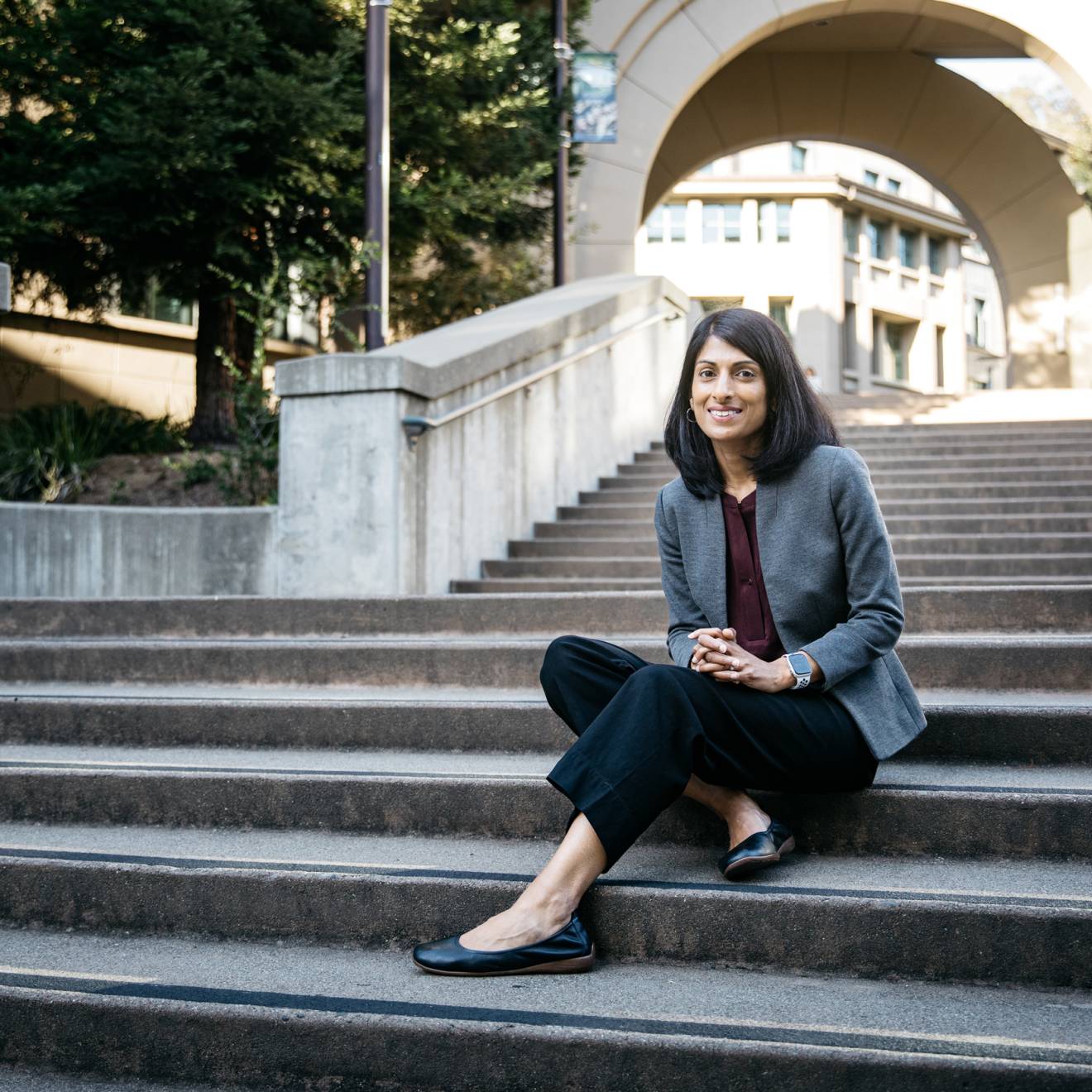Megan Cole, UC Irvine

“Has anyone ever been a bystander to hate?” The question hangs in the air. Valerie Jenness, UC Irvine professor of criminology, law & society, eyes her fall-quarter class of freshmen expectantly.

Credit: Steve Zylius/UC Irvine
After some hesitation, students begin raising their hands. One recounts a video she saw recently, filmed in her hometown, of an Asian man being verbally harassed on a train. Another relates how her best friend in high school was often taunted for his sexuality. A third tells of a high school chemistry class in which a lesbian friend was subjected to homophobic slurs from peers while others just watched. “In that case,” she says, “the people saying nothing were almost the worst part. Their silence was deafening.”
These students from various majors and backgrounds have one thing in common: They don’t want to be silent bystanders. Jenness’ course fosters the informed dialogue necessary to ensure they won’t be. The first of three seminars in a yearlong, integrated freshman series called Perspectives on Bias, Prejudice & Bigotry, it focuses primarily on homophobia but draws on countless tangential topics — police brutality, socioeconomic challenges, racial discrimination, etc.
“This class is crucial because the University of California is a public institution, and we have a duty to the public to combat these issues in our society,” Jenness says. “Education has a major role to play in mitigating prejudice, and UC Irvine is on the front lines.”
For Kathy Becerra, a biological sciences major who went to high school in a “less tolerant environment,” the seminar has been a call to activism.
“Prejudice is really prevalent in the world, and it’s something we should be educated about so we can defend the people who are discriminated against,” she says. “This course makes me want to be active, to do something.”
Applying inquiry and rigor to real world prejudice
For the fall quarter, each student received a copy of “Free Speech on Campus,” by Chancellor Howard Gillman and former UC Irvine law dean Erwin Chemerinsky, which supplemented weekly readings, documentary screenings and response papers. The undergrads discussed ways to maintain open discourse while fighting prejudicial viewpoints. In class, they recounted their own experiences with hate and discrimination, either as a target, a bystander or an ally.
Students are encouraged to take all three seminars, which build upon each other and explore how topics are interconnected. The winter-quarter course, taught by Jeffrey Kopstein, professor and chair of political science, focuses on anti-Semitism. “It’s very important that UC Irvine tackle this problem with our greatest strengths: intellectual inquiry and academic rigor,” he says.
And in the spring, Catherine Sameh, assistant professor of gender & sexuality studies, will teach a class on Islamophobia. She says she “looks forward to working with students to investigate, through an intersectional feminist lens, the ways in which Islamophobia pivots on racism, as well as questions of gender and sexuality.”
Alejandra Rangel Valdez, a biological sciences major, enrolled in Jenness’ course on a whim but found the subject matter so engaging that she plans to continue the seminar series this winter and spring. Her favorite lecture so far was on American policing and included a screening of Ava DuVernay’s documentary “13th,” about race and mass incarceration.
“I hope over the next quarters to become more active and learn more, knowing what I know now about the disadvantages certain groups face,” Valdez says.
One of her classmates, criminology, law & society major Maggie O’Hara, took the class to “stay up-to-date and relevant” in her field. She thinks the implicit bias tests the students took halfway through the quarter were the most revealing. “The fact that some prejudices are so deeply psychologically ingrained is a huge issue,” O’Hara says.
Educating freshmen to eradicate those prejudices is Jenness’ mission, and candid conversation is key.
“The motto of the UC is ‘Fiat Lux,’” Jenness says. “What that means is ‘Let there be light’ — air it out, have the discussion, inquire, learn, discover. That’s exactly what this seminar is all about.”

